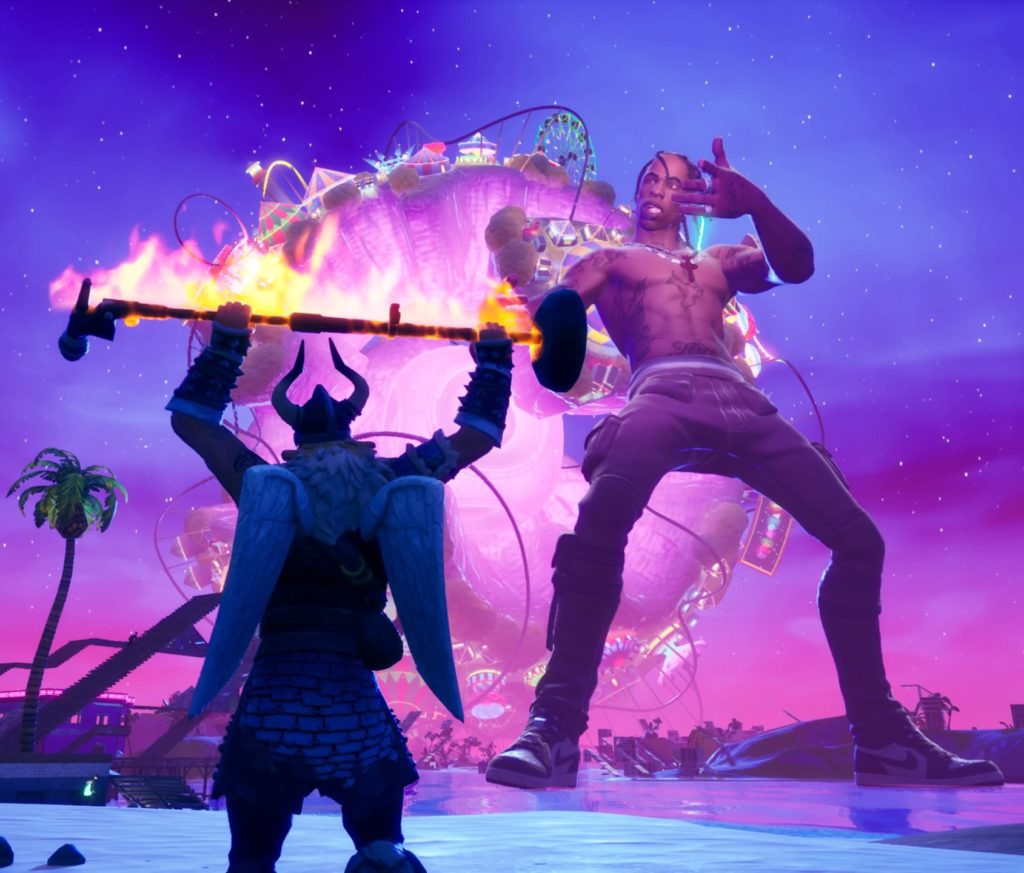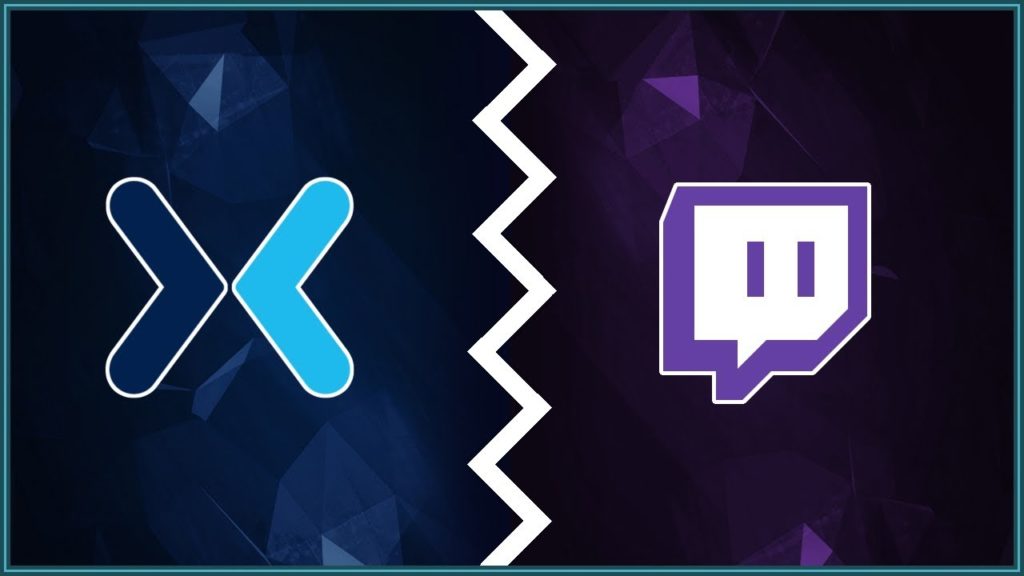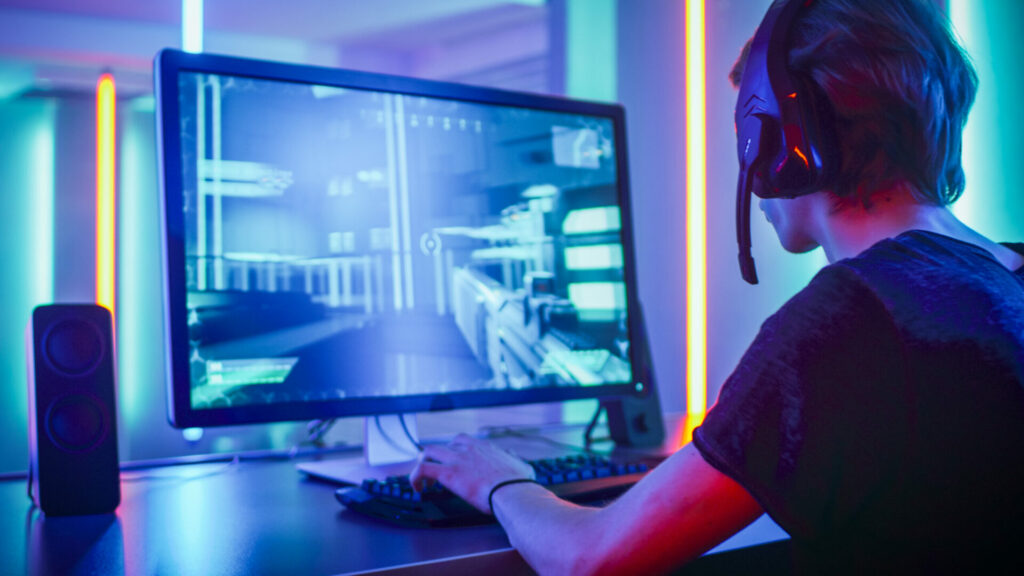Gaming Numbers Skyrocket
2020 did not go as planned for any company. While this year caused heartbreak for many, the impacts of this nightmare year will be felt for the next decade, especially when it comes to entertainment.
Following a trend nearly a decade in the making, 2020 was the year when gaming truly broke – and in some ways surpassed – the other tentpoles of entertainment and culture.
Once the Covid virus broke out in the Wuhan region of China in late 2019, it soon began to spread around the globe. Wherever it went, lockdowns followed. People flocked to computer screens, consoles and mobile phones to fill a myriad of free time. Casual gamers became more serious, hardcore gamers fell deeper into the games they love and people who hadn’t picked up a controller since the Nintendo GameCube fell back into bygone hobbies.
Once China imposed lockdown measures in January of 2020, time spent on mobile phones jumped 30% from the daily average in 2019. Gaming sessions increased 300% from December 2019 to March 2020. When Covid then forced most of the world into lockdown in March, the gaming trend stayed true.
With sports leagues, concert venues, and just general daily life all shut down, many turned towards gaming platforms. Twitch viewership increased to 5 billion hours between April and June of 2020. That marked a 60% increase over the same three months in 2019. YouTube’s numbers, both on live viewing and pre-recorded content, led to a total viewership of over 100 billion hours on just gaming content in 2020. That doubled the hours watched in 2018.
Naturally brands wanted to follow the viewers. And they soon realized that gaming campaigns needed more creativity when reaching the right viewers through a brand-safe lens. Here at Mindfuture World, the company became a go-to choice for helping brands develop comprehensive ad strategies to connect with these rapidly growing audiences.
After launching the Fluuid.live platform in January 2020, our company executed on campaigns for Razer, Sennheiser, Coca-Cola, Huel and Betway, among others. A growing staff has expanded to 28 full time employees who have helped sign over 1,000 leading content creators to the Fluuid platform.
Gaming Becomes A Centerpiece of Popular Culture

While the numbers confirm the growth of the gaming world, the moments of the year highlight the changes in gaming’s perception in culture. Athletes, musicians, actors and even politicians took to Twitch, YouTube and in-game activations to connect with new audiences while other communication channels were sidelined in the pandemic.
In April, rapper Travis Scott held a concert in Fortnite. Over the course of a weekend, 45 million people watched him perform, an iconic moment in the music industry feeling the pain from the lack of live events. During that show, Scott also wore Air Jordans, the second time the iconic basketball brand from Nike appeared in Fortnite.
As the year went on, more celebrities activated Twitch accounts. Some of them worked with in-game concerts like Riot Games popular K-pop group K/DA. Music festivals also brought on talent to hold virtual concerts via Twitch as well. Some artists held their own concerts, driving viewership that was on-par with live events, sometimes even surpassing it.
In sports, the shutdown of all major sports events during Spring of 2020 led to a group of digital competitions. Athletes played against each other in sports simulations like NBA 2K and FIFA, usually for charity. They also partnered with streamers for celebrity pro-ams in games like Call of Duty, Fortnite and Rocket League.
Streamers have been playing with athletes on-and-off since Ninja was joined by Drake in 2018. During 2020, the crossover became a common appearance. And the balance of power was shifting as well, these athletes were coming to gaming streamers, trying to play matches with their favorite players, get some tips for their own games and connecting with their audiences. For brands, it became an inflexion point highlighting the new age, a new understanding of influencer marketing, and the power of the gaming influencer.
Athletes also expanded their work in esports. David Beckham became the public-facing owner of an esports organization called Guild Esports. Juju Smith-Schuster, a wide receiver in the NFL and a part of the Drake stream in 2018, launched Team Diverge. Behind the scenes, athletes have continued investing in leading organizations like FaZe Clan, 100 Thieves, Team Liquid, Cloud 9 and many more.
Mindfuture World began as a sports agency but after recognizing the opportunity in gaming, made the shift to focus on the growing industry in late 2019, with our first campaigns running in early 2020. We weren’t alone. Many more members of the sports world made a jump to esports. Leading sports executives at the MLB, NFL and UFC joined esports companies while brands figured out how to bolster work in sports with gaming activations. Mindfuture World was also able to expand, building out a team to 28 people from a variety of different impressive backgrounds and is still growing.
As the pandemic continued, in America, an election loomed. Popular politician Alexandria Ocasio-Cortez capitalized on Among Us, an indie game that rose out of nowhere to be the most popular game on Twitch. The member of the US House of Representatives used a Twitch stream to push people to vote. By the end of her first stream on Twitch, it was the third most viewed english-speaking stream on an individual person’s channel in Twitch’s history.
The two streams it trailed were the Ninja-Drake stream and Shroud’s return to Twitch from Mixer a few months prior.
The Failed Mixer Experiment

While gaming saw many record highs during the pandemic, many companies found the logistical challenges impossible to overcome. In gaming, the most high-profile failure was Mixer. Created by Microsoft as a challenge to Twitch and YouTube, Mixer burst onto the scene by signing two major content creators: Ninja and Shroud. After a difficult year that saw both streamers’ audiences dwindle, Mixer made the tough decision to shut down and sell the rest of its assets to Facebook Gaming.
Mixers run, less than a full year from cashing out Ninja to the shutdown of the site, highlighted the complexities of this industry. New influencers are being created every month, new games become the dominant forces on these websites. For brands used to year-over-year consistency in sports, gaming can be complicated. Partners like Mind Future World help companies understand a complicated industry, giving them a guiding hand in finding the best streamers to fit their company’s mission – especially when that mission requires a focus on brand safety.
Many brands on gaming channels describe themselves as edgy, happy to play in the universe of streamers who walk the line on their content. But as gaming has gone mainstream, an increased focus on bringing down toxicity in gaming circles has been key to brands. One of Mind Future’s most successful activations of this year was for Huel, resulting in reaching client’s expectations and expanding the campaign on global markets.
Huel’s personal motto, splayed out in massive print in the middle of the companies offices is: “Don’t be a D*ck.” Safe to say, brand safety is important to Huel. On Twitch, many streamers toe the line, creating drama or trash talking to a degree that goes beyond the pale. One of the most popular channels belongs to Dr Disrespect, his name is an accurate representation of the character he plays on stream. Mind Future World takes the extra step, making sure all streamers on the platform are safe for your brand’s personal preferences.
In 2020, Twitch and YouTube proved themselves as the future cross-section of celebrity culture and youth passion. Mindfuture World emerged as a leading company helping brands make the most out of the ever-expanding world of gaming content.

